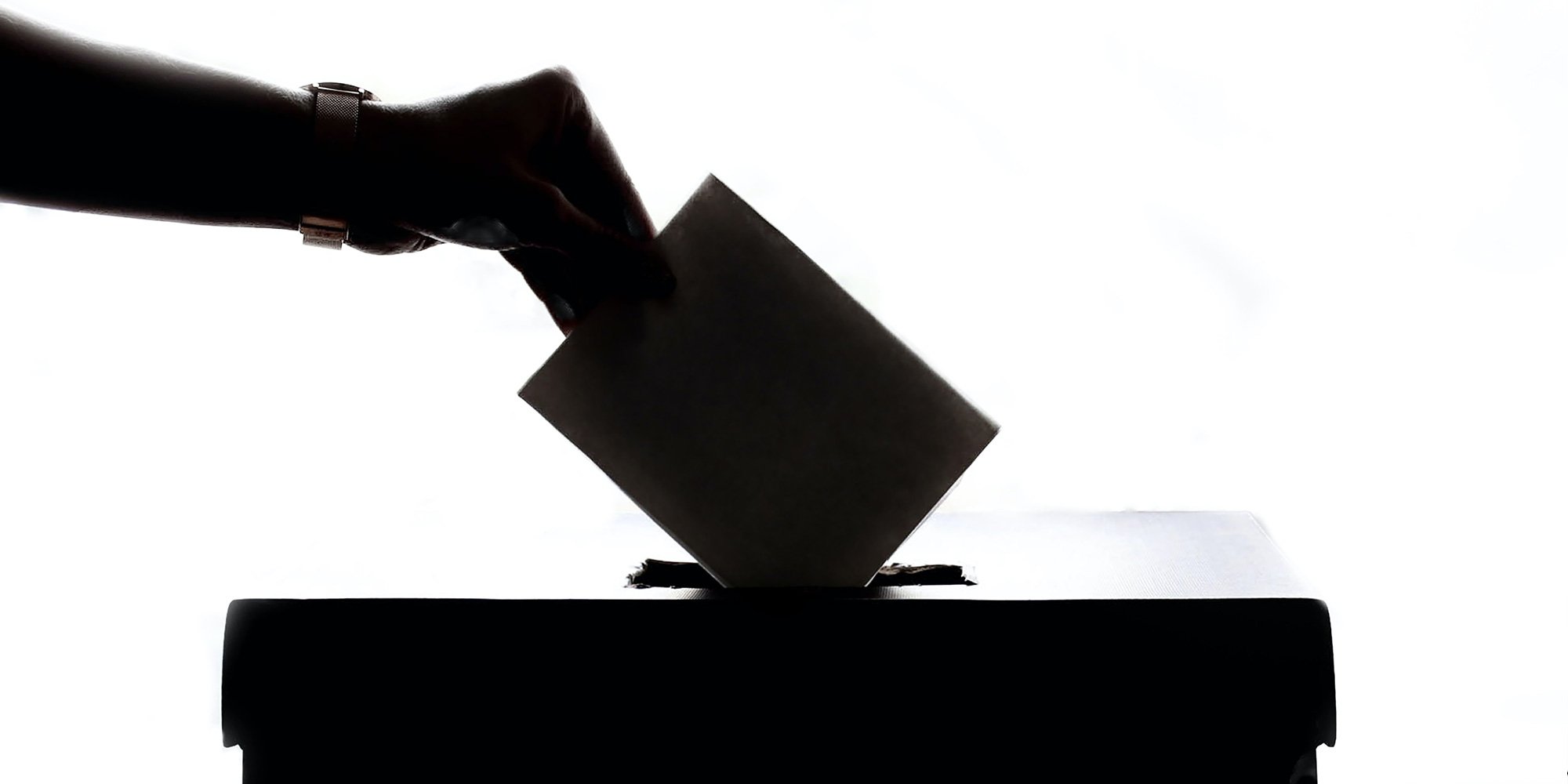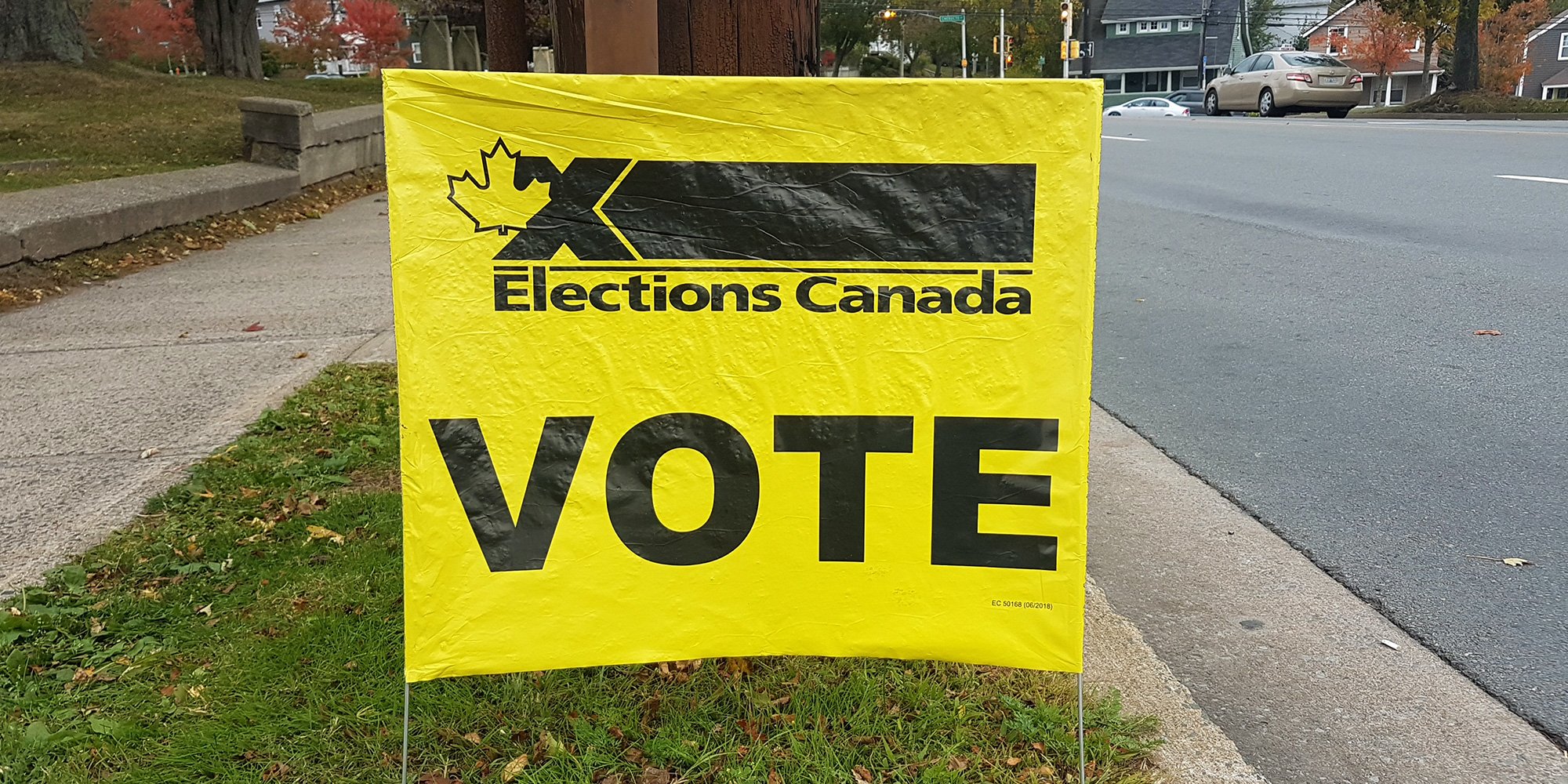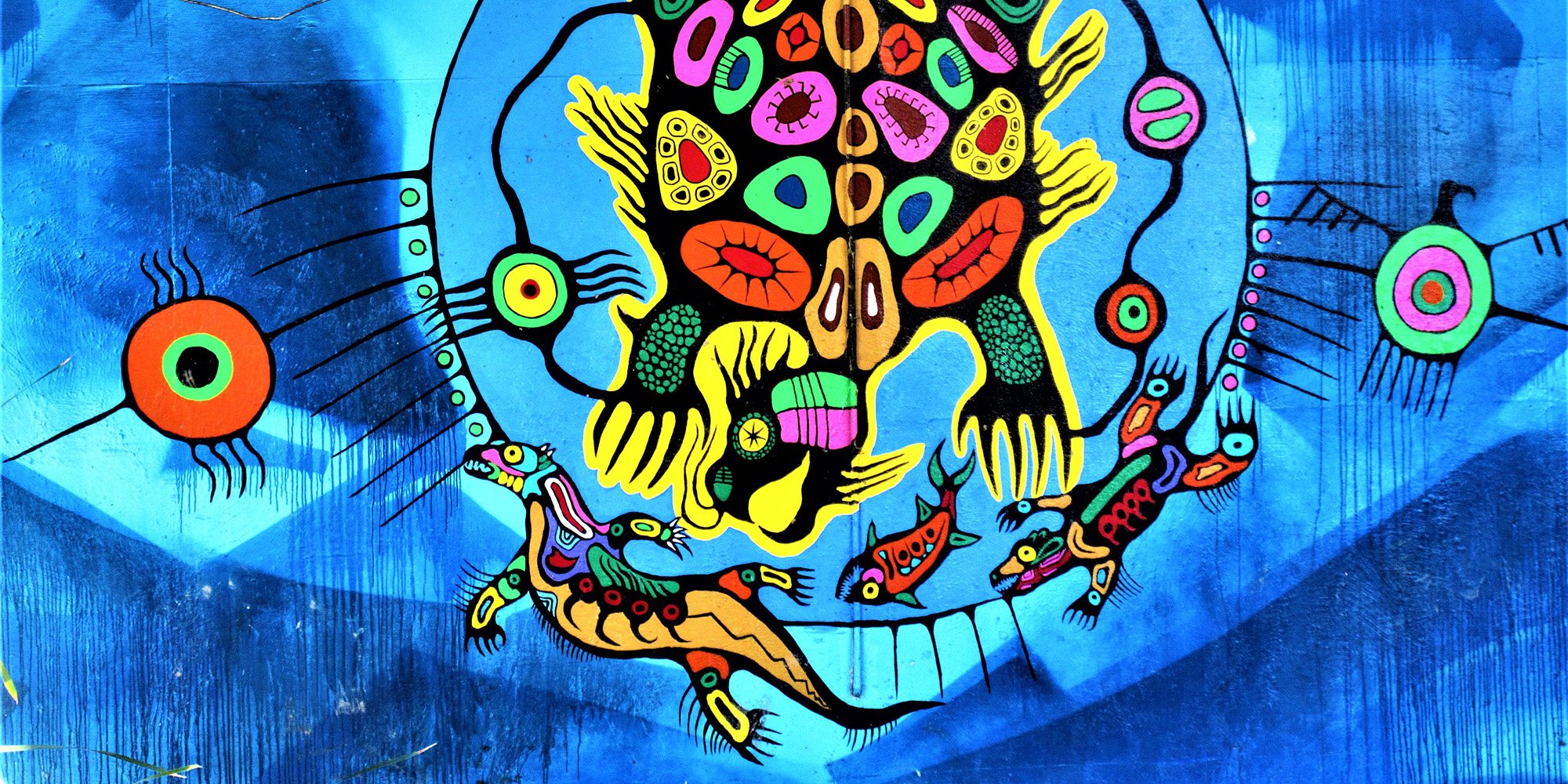Indian Act and the Right to Vote
The right to vote, which most Canadians take for granted, was a hard-fought battle for Indigenous Peoples. In most parts of Canada, First Nations...

The right to vote is widely recognized as a fundamental human right in a democratic society and in Canada, every Canadian citizen has that right as guaranteed in Section 3 of the Canadian Charter of Rights and Freedoms. [1] Ensuring the ability of citizens to exercise their right to vote is the responsibility of the government.
The right to vote is further supported by the Universal Declaration of Human Rights, adopted unanimously by the United Nations General Assembly in 1948. The Universal Declaration of Human Rights “recognizes the integral role that transparent and open elections play in ensuring the fundamental right to participatory government. The Universal Declaration of Human Rights in Article 21 states:
Everyone has the right to take part in the government of his/her country, directly or through freely chosen representatives. Everyone has the right of equal access to public service in his country.
The will of the people shall be the basis of the authority of government; this will shall be expressed in periodic and genuine elections which shall be by universal and equal suffrage and shall be held by secret ballot or by equivalent free voting procedures. [2]
In Canada, universal adult suffrage was achieved federally in 1960 when the right to vote was extended to all First Nations under the Act to Amend the Canada Elections Act. For some background, please read The Indian Act and the Right to Vote.
NOTE: We updated this blog post in February 2015 to include 2021 census information, which you will see below.
While all Indigenous people have the right to vote, they have not traditionally voted proportionally with non-Indigenous voters. Here’s the breakdown of the difference between the federal elections in 2019 and 2021*, according to Elections Canada statistics:
On reserves
Looking at the entire population of registered electors, overall turnout decreased between the 43rd and the 44th general elections, from 67.0% to 62.6%.
Our analysis shows that the decrease in voter turnout between the 2019 and 2021 general elections was larger for the on-reserve population than it was for the overall Canadian population. The estimated on-reserve turnout was 51.8% in 2019 and 44.5% in 2021.
In Inuit communities
Similar to the trend observed on reserves, the estimated turnout in Inuit communities decreased between 2019 and 2021.
In total, the estimated turnout for Inuit communities was 43.6% in 2019, compared with 32.0% in 2021.
In Métis settlements
The eight Métis settlements identified, in contrast to the estimated on-reserve and Inuit communities, had a decrease in turnout more in line with the national decrease in turnout. The turnout for polling divisions associated with Métis settlements was 46.3% in 2019 and 41.8% in 2021. [3]
* (the 2021 federal election occurred during the COVID-19 pandemic)
There are several reasons why more Indigenous Peoples don’t exercise their right to vote. In Barriers to First Nation Voting, the second post in this series, we outline the reasons.
This post was updated in February 2025.
[1] Canadian Charter of Rights and Freedoms Section 3. Every citizen of Canada has the right to vote in an election of members of the House of Commons or of a legislative assembly and to be qualified for membership therein.
[2] New Voter Identification Procedures and Related Impacts on Aboriginal Peoples and Communities in Canada Fifth Report of the Standing Committee on Aboriginal Peoples, 2009
[3] Elections Canada, Turnout–Estimate of Turnout in Indigenous Communities in the 43rd and 44th General Elections, accessed January 16, 2025
Featured photo: Unsplash

The right to vote, which most Canadians take for granted, was a hard-fought battle for Indigenous Peoples. In most parts of Canada, First Nations...

We are in uncharted waters these days as countries around the world scramble to respond to the COVID-19 pandemic. While we are all at risk and all...

For some First Nation people, inherent rights are rights bestowed upon them by the Creator who placed them on Turtle Island and provided them with...